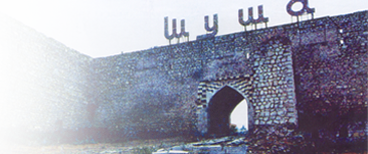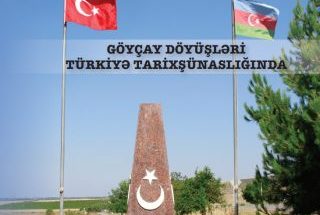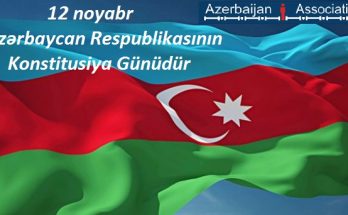 Interview with director of Russia-based Institute of Globalization and Social Movements, Russian political expert Boris Kagarlitski.
Interview with director of Russia-based Institute of Globalization and Social Movements, Russian political expert Boris Kagarlitski.
In your opinion, may U.S. Secretary of State Hillary Clinton’s recent visit to Baku and Yerevan bring about some progress in the Nagorno-Karabakh conflict resolution?
It is hard to make unambiguous predictions. There are several important elements that need to come together to secure some progress. In fact, in my view, most conflicts are easy to resolve. After all, it is known how the conflict can be resolved. However, technical solutions do not meet political interests of one or two countries. And now, it’s not very clear how much political will the parties and the mediators will have. As to Americans, their stance is clear – they want to strengthen foothold in the Caucasus acting as a mediator. Obviously, Russia failed to play this role. Russia had 20 years to make it happen, and it failed. Moreover, Moscow was rather interested in keeping the conflict. Moscow failed to achieve tangible results in any of the post-Soviet conflicts.
Today, the United States has assumed the role of a mediator which is largely due to Iran. The U.S. long-term strategy aims to weaken Tehran’s influence in the region as much as possible and to leave it surrounded with unfriendly countries. In this respect, the States has some problems with Armenia as it is largely focused on Tehran.
Washington has another headache in the region – Turkey, which has recently played an increasingly important economic, political and military role. Ankara is increasingly tempted to to adopt more and more independent decisions not dictated by the interests of the States.
The less reliable partner Ankara becomes for Washington, the more Washington needs new partners in the Caucasus. Americans encounter serious problems in this regard. The question is that each of the South Caucasus countries is sufficiently small, and therefore the prospect of economic and political cooperation with the region as part of American politics is possible if the region is united, which means it is at peace. The U.S. has a sincere desire to resolve Nagorno-Karabakh conflict as it remains the major problem for the region.
In your opinion, what will be Yerevan’s response to the updated Madrid principles? Will it provide a concrete response or it will try to play for time?
Admittedly, Armenian used military force to occupy Azerbaijan’s lands. But later it lagged behind Azerbaijan in economic terms to a significant degree. Azerbaijan is much more promising country from economic standpoint. Many foreign forces are interested in Azerbaijan as a partner. Oil is not the main point here. There are some circumstances that add more significance to Azerbaijan. Hence, the growing pressure on Armenia by external forces, who regard Armenia as an obstacle to normal development of the region. However, Armenian officials who will make some concessions will be declared traitors and will be completely destroyed politically. So, those in Armenia will seize any chance to maintain status quo even against any economic advantages.
We should also bear in mind that the Nagorno-Karabakh is a kind of idea of national identity for Armenians. Once Karabakh is returned to Azerbaijan’s control, it will arise a question in Armenia – “Why there is a need for Armenia then?”
In your view, how far a military resolution to the conflict is realistic?
I do not rule out military conflict. In the case it is resumed, it will be of internationalization nature while the first conflict had a local nature. If the conflict is resumed, he will definitely affect the U.S. and Iran, Russia, and Turkey at the next stage. It will cause a very complex geopolitical landscape. These countries will be involved in the conflict not necessarily in military, but diplomatical terms. This is a fairly dangerous scenario. However, it seems to me quite plausible. As interesting as it may seem, given the history of wars, most of them occur either before the global economic crisis, or at a time when it fades away. I think the world crisis will last another a year or two. However, if you combine the trends that we see, as well as economic growth of Azerbaijan and failure diplomatic efforts to resolve the conflict, the resumption of hostilities is possible.
/Day.Az/



